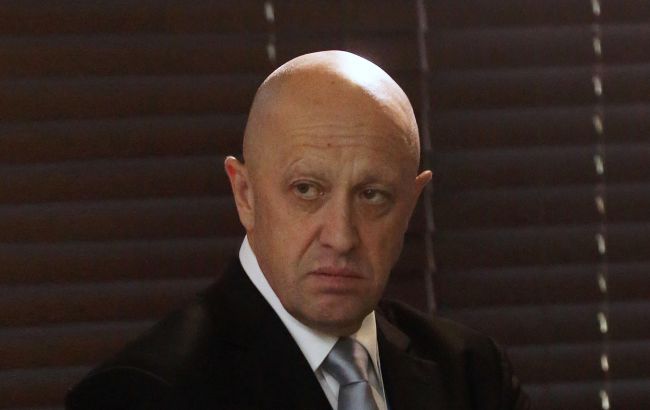Russian army and Wagner mercenaries at odds: fractures in the ranks
 Yevhen Prigozhin, leader of the Wagner PMC (GettyImages)
Yevhen Prigozhin, leader of the Wagner PMC (GettyImages)
Tensions rise between Russian regular troops and Yevgeny Prigozhin's Private Military Company (PMC), highlighted by the recent detainment of a Russian lieutenant colonel by Wagner mercenaries. Such incidents point towards increasing divisions within Russia's security forces and the nation itself.
This was shared by Viktor Yahun, former Deputy Head of the Security Service of Ukraine, in an interview with RBC-Ukraine.
"Conflict is not a new phenomenon"
As per Yahun, Prigozhin is currently scoring political mileage by highlighting the Russian army's shortcomings in fulfilling certain obligations. "Such conflicts have been occurring for a while, mainly stemming from jealousy. Wagner's forces are better equipped and funded, constantly praised as 'heroes' on television. The Russian Armed Forces, in contrast, appear less appealing," Yahun explained.
Yahun said that these disagreements are not exclusive to the Wagnerites; they occur between various factions, such as the Kadyrovites and the mobilized.
"These indicators suggest that the powerful army portrayed on television does not exist. There's no unified command or shared understanding of their operations and actions," Yahun added.
What lies ahead?
Yahun said that following external conflicts, the owner of Wagner PMC, Prigozhin, might shift focus to internal ones.
"Prigozhin is withdrawing his units to the rear lines, seemingly preparing them for internal disputes, as he no longer sees value in external conflicts," Yahun believes.
According to Yahun, Prigozhin has already capitalized on external conflicts as much as he could.
"Prigozhin is remembered in Russian history as the individual who 'captured' the city of Bakhmut. The Russian Armed Forces are left with the bitter truth of losing it. Additionally, the alleged capture of the 72nd Brigade's commander by the Wagnerites, a brigade that was supposed to replace the PMCs in some areas, has been a hard pill to swallow," Yahun said. These incidents confirm the existing conflict between the Russian regular army and Prigozhin's mercenaries.
"Mining of Wagnerites' paths indeed happened. These were precautionary measures to prevent their troops from retreating. This strategy is leading to the fragmentation of Russia's power structures and the country itself," Yahun said.
Background
On June 4, the press service of the Wagner PMC leader released a video allegedly showing the captured lieutenant colonel of the 72nd Separate Motorized Rifle Brigade, who was in a state of alcoholic intoxication and accused of attacking the Wagnerites.
In the video, the "captured lieutenant colonel" admits to the crime, attributing his actions to "personal animosity."
Prior to this, the PMC claimed their mercenaries had encountered the regular Russian army on May 17. They reportedly found "groups of the Russian Defense Ministry" near the villages of Opytne and Ozaryanivka, close to Bakhmut, who were mining the Wagnerites' rear zone roads.
As a result, the Wagner mercenaries began demining operations, but were forced to cease due to small arms fire "from the positions of the Russian Ministry of Defense."
Battles in Bakhmut and Wagnerites' "retreat"
Prigozhin has repeatedly announced a "withdrawal" from Bakhmut, with the last date given as May 25. The British Ministry of Defense confirmed the commencement of Wagnerites' withdrawal from certain positions around Bakhmut.
At the time, Prigozhin claimed his mercenaries were "transferring control of Bakhmut to the regular Russian army," to regroup in rear areas.
However, experts say that this "withdrawal" seems more of a tactic, allowing Prigozhin to exit Bakhmut as a "winner" and pass on the blame for any failures to the Russian Defense Ministry, with whom he has long been at odds.

